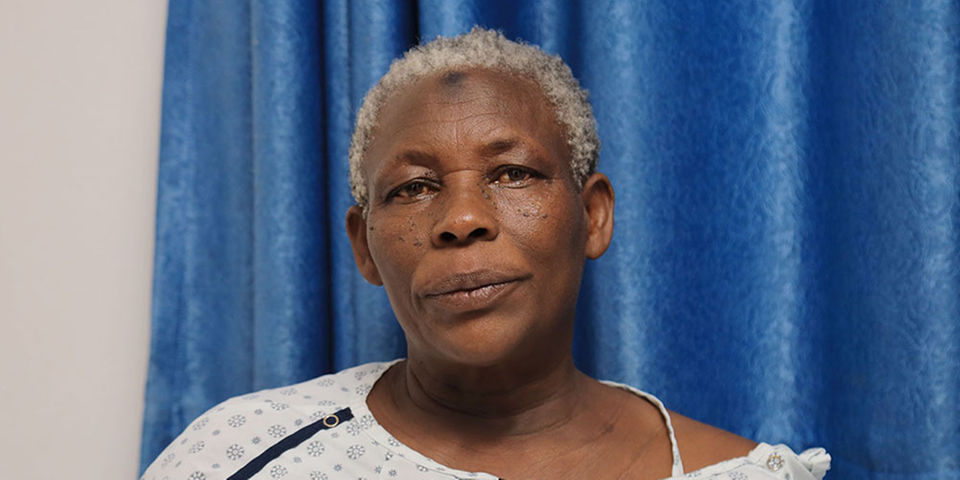Summary:
- A 70-year-old Ugandan woman, Ms Safiina Namukwaya, has given birth to twins through In Vitro Fertilisation (IVF), performed by Dr Edward Sali. Facing challenges and abandonment by her partner, Ms Namukwaya decided to get pregnant after insults for being childless. Dr Sali, highlighting advanced technology, emphasized that age is not a barrier. The babies, born at 34 weeks, are expected to spend time in the neonatal intensive care unit, while Ms Namukwaya is projected to recover within a week.
A pair of twins has been born to a 70-year-old woman in Uganda. Ms Safiina Namukwaya, a resident of Masaka District, underwent In Vitro Fertilisation (IVF) performed by Dr Edward Sali at the Women’s Hospital International Fertility Centre.
In an interview with the Monitor on Wednesday, just before entering the labor ward, Ms Namukwaya expressed anticipation of a miracle occurring that day. She shared that a friend had brought her to the hospital, assuring her that, after a long wait, she would finally become a mother.
Having twins, a boy and a girl, at her age was not something Ms Namukwaya had anticipated. Typically, women experience menopause between the ages of 45 and 55, marking the end of their reproductive years, according to the World Health Organization.
Let Us Build Your Online Success!
We are the experts in creating visually stunning and functional websites. With reliable hosting and exceptional customer support, we bring your vision to life. Join hundreds of happy clients who trust us!
Get Started Now📞 Call/WhatsApp: +256 207 800 192
Reflecting on her challenging pregnancy, Ms Namukwaya mentioned a time of illness that depleted her savings. Initially seeking medical attention in Kyabakuza, she later contacted Dr Sali, who advised her to travel to Kampala. Lacking funds, she highlighted Dr Sali’s assistance in organizing transportation to the hospital. Sadly, her partner abandoned her during this challenging period.
Ms Namukwaya’s decision to become pregnant was fueled by insults she received for being childless. After her husband’s death in 1992 and a subsequent failed relationship, she faced criticism for her childlessness, with a young boy even mocking her about being cursed to die without a child.
When questioned about her readiness to care for the twins, Ms Namukwaya expressed uncertainty, emphasizing her belief that God is in control. Despite potential challenges, she acknowledged the blessings each child brings.
Dr Sali, the fertility specialist, emphasized that age is just a number in the context of advanced technology. He mentioned previous cases of successful deliveries for patients over 50, citing Ms Namukwaya’s first successful delivery at 67. Dr Sali underscored the importance of medical assessments to ensure fitness for pregnancy in older individuals.
Regarding breastfeeding, Dr Sali reassured that any woman could breastfeed, and alternative options like donor milk and formula were available. He acknowledged the rarity of pregnancies at such an advanced age due to fertility decline and increased health risks.
Ms Namukwaya gave birth at 34 weeks, with the doctor explaining that close monitoring was necessary due to potential complications after 32 weeks. The babies were expected to spend some time in the neonatal intensive care unit, while Ms Namukwaya was anticipated to recover within a week.
Dr Sali attributed the prevalence of assisted procedures like IVF to infertility, emphasizing its role in helping individuals overcome reproductive challenges.

